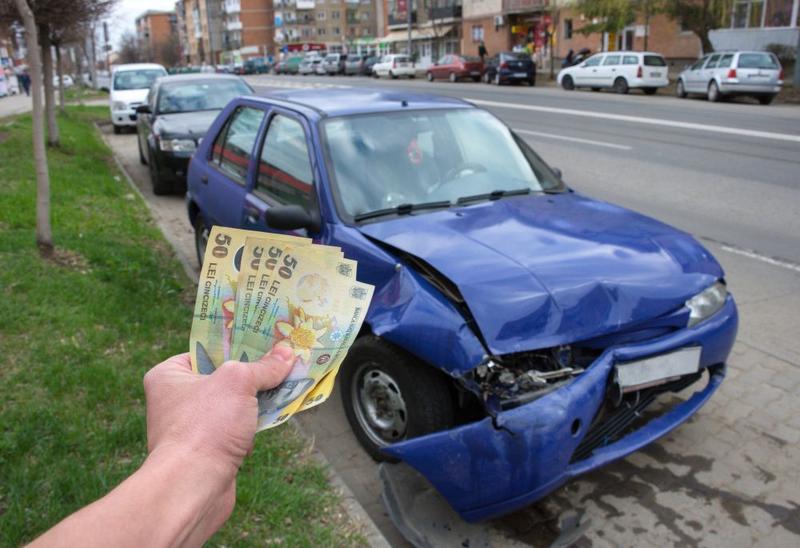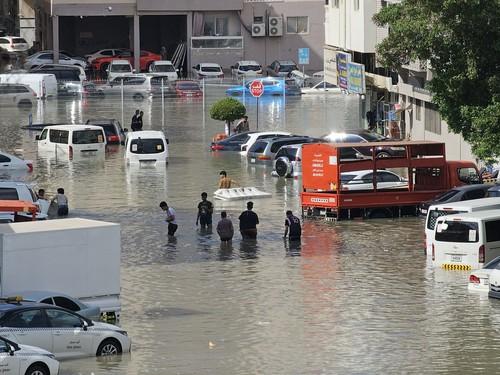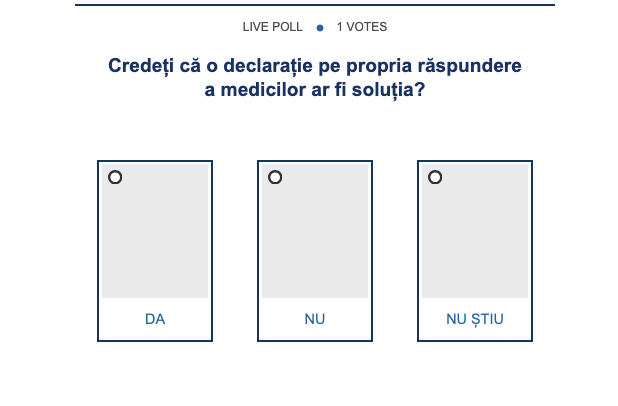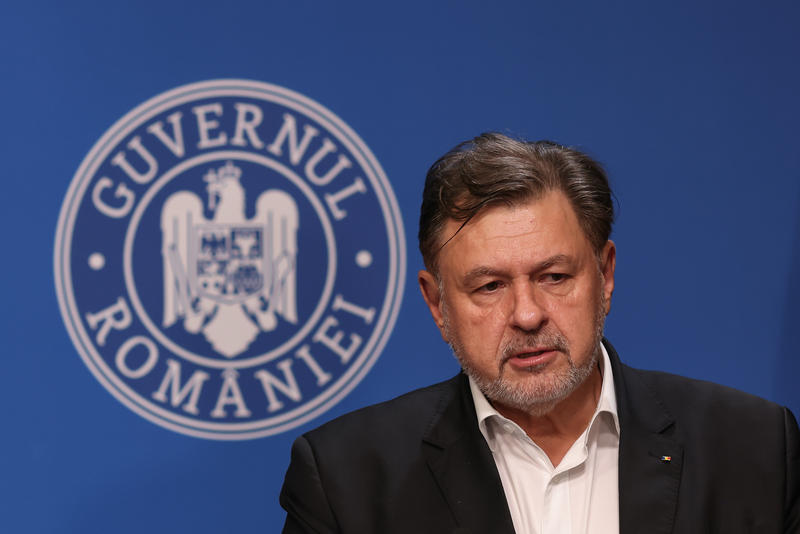The International Monetary Fund delegation chief to Bucharest Jeffrey Franks declared on Monday that Romania's economy will record a 8% - 8.5% drop this year. "A very severe recession hit Romania", he added. The official said that the "Romanian banking system managed to put up with the negative economic situations", warning that the system will continue to be stressed.
These are the mains statements Jeffrey Franks made:
- The IMF team has been here for the last ten days and we worked close to European Commission and World Bank representatives.
- We worked well with Romania's Central Bank, the Finance Ministry and other ministers and agencies' representatives.
- I'm glad we reached an agreement regarding the mission of experts for the evaluation of this first assistance programme period.
- We reached an agreement with the Romanian authorities regarding what has been done so far and what needs be done in the future.
- Now we need to discuss it with the Fund's leadership and with the board.
- The IMF leadership will have the last say regarding the evaluation.
- Immediately after the board will decide on this evaluation, the second instalment of the loan will be made available straight away.
- The targets for the end of June have been respected from a quantitative point of view, with one exception. (...) We will resume our investigation later, when we will have the final data.
- We had two structural criteria for performance, whose targets were to be reached by end of June and they were met: ratifying of certain legal actions of fiscal nature in parliament and modifying the legislation addressing the fund for deposit insurance.
- Meeting these targets shows the efforts made by this Government, especially through the Ministry of Finance led by Gheorghe Pogea, to secure the control of spending to avoid side-slipping from the agreed target.
- These efforts have been absolutely necessary also because the economic situation was worse than we initially expected.
On the macroeconomic situation
- When we negotiated this contract in March, we anticipated that the GDP will shrink by 4.1% in 2009. At this moment, our forecast for the economic downturn is -8% -8.5% of the GDP. This means that a very severe recession has hit Romania.
- We expect the inflation to reach 4.3% by the end of the year. The current account deficit will be 5.5% this year.
- The balance sheet is contracting faster than we expected, due to a drastic reduction in production.
- The degradation resulted because at an international level the economic situation got worsened more than we expected, but also because the inner demand was weaker than we initially anticipated.
- If we look at the next quarters, we'll see that the downturn will be slower.
- We foresee the shift to a modest economic growth for 2010.
- Our forecast is that, if no measure is taken, the deficit could reach -8%.
- We need to consolidate and strengthen the fiscal process in Romania.
- Romania is not in the position to finance such a big budget deficit.
- The agreement we reached with Romania sees that we have certain fiscal corrections in 2009, balanced with measures addressing the budget deficit.
- The correction means 0.9% of the GDP by the end of the year. This is an ambitious effort.
- This 0.8% GDP supplement leaves us with a 7.3% deficit, higher than the 4.6% we initially anticipated.
- We agreed to submit to the IMF the proposal that, for the next two instalments in September and December, part of it should finance the budget deficit. The Ministry of Finance will need to identify the rest of the finance resources to cover the deficit.
- For 2010, we agreed that further efforts will be necessary: 2%-2.5% of the GDP.
- The deficit will drop from 7.3% to less than 6%, but not automatically.
- The next coming months, the Government will work on a normative acts project, which will lead to assuring fiscal autonomy of local authorities.
- We agreed with the Government to reform the social assistance.
- The Romanian banking system managed to face the negative economic situations. The stress in the banking system will resume.
- From a monetary point of view, we're glad to see that the Central Bank's deposits increased.
- We were glad to see that BNR lowered the rates for minimum deposits and interest rate.
- The National Bank will need to be more cautious with its policies because of possible inflation pressures.
Starting July 29, the IMF representatives met in Bucharest with the Romanian PM and President, Government members and Central Bank's representatives, but also with unions, patronages and banks leaders. European Commission and World Bank representatives attended part of the meetings.
Romania was represented in the negotiations by lib-dem ministers Gheorghe Pogea, Radu Berceanu, Adriean Videanu, and social-democrats Dan Nica - vice-PM, and ministers Constantin Nita and Marian Sarbu.
The second IMF instalment, conditioned by the evaluation mission's conclusions
The IMF mission in Bucharest was to evaluate whether Romania respected the fixed targets. This is important in Romania's receiving the second loan instalment, namely 1.9 billion euros.
In March this year, Romania and the international financing institution agreed to a 19.95 billion euros bailout package, to be delivered over a period of two years. The IMF is to contribute with 12.95 billion euros, the EC - with 5 billion, the World Bank, with one billion and one billion euros will come from the European Bank for Reconstruction and Development, the European Investment Bank and the International Finance Corporation.
The Romanian Government negotiated with the IMF that the second instalment be for the budget, to cover part of the budget deficit, and not for the central bank, as initially agreed and they it happened with the first instalment.




















